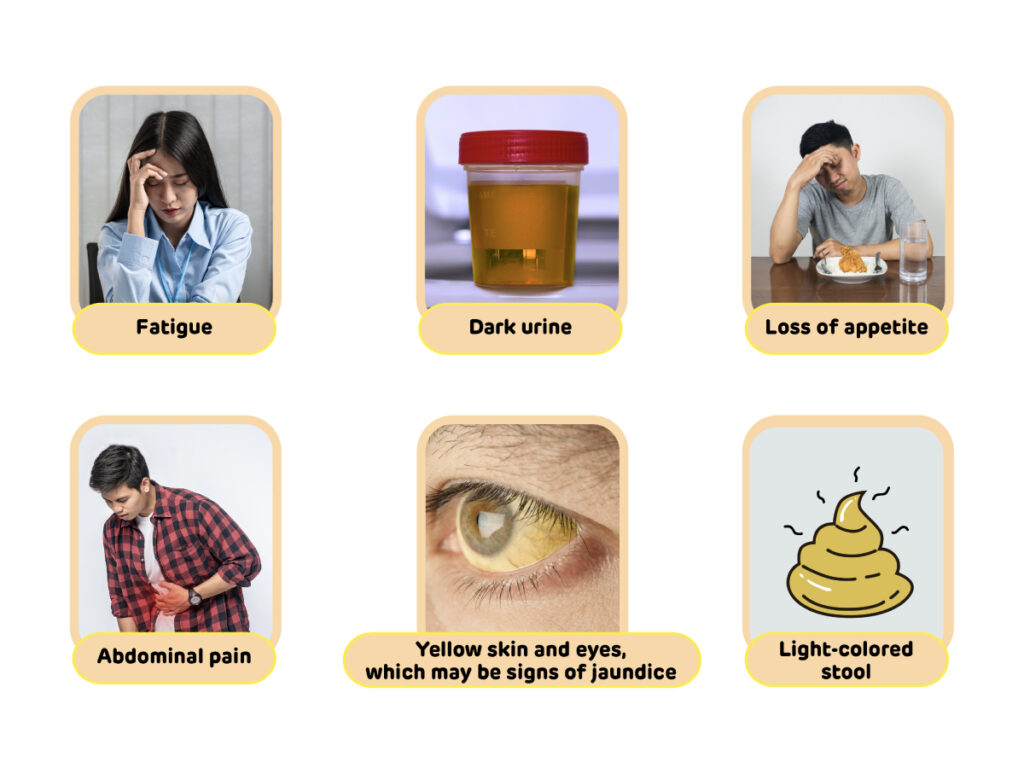
Viral Hepatitis: How It Spreads and What Your Body Signals
20 June, 2025
Viral hepatitis is caused by different viruses, primarily Hepatitis A, B, and C. Each type spreads in its own way:
- Hepatitis A spreads through contaminated food or water.
- Hepatitis B and C are mainly transmitted via unsafe injections, blood transfusions, unprotected sex, or from mother to child during childbirth.
On contracting acute hepatitis, the body is upfront with several symptoms that the patient might experience. However, someone living with chronic hepatitis (like Hepatitis B and C) may not show symptoms until the damage affects their liver’s functionality.
Common viral hepatitis symptoms include:

Treatment for viral hepatitis
- Hepatitis A: The symptoms of Hepatitis A can be very painful. It is a short-term illness and may not require treatment. Your doctor may recommend some dietary restrictions to maintain your gut health and nutrition.
- Hepatitis B: The treatment of chronic Hepatitis B requires antiviral medications prescribed by your doctor. There’s no specific treatment program for acute Hepatitis B. Treatment for chronic Hepatitis B also requires regular medical evaluations and monitoring to determine if the virus is responding to treatment.
- Hepatitis C: A combination therapy of antiviral medications can treat both acute and chronic forms of Hepatitis C.
Being vigilant of your water sources, maintaining good hygiene, and indulging in safe and protected sex are some factors that can protect you against viral hepatitis. If you catch such an infection, be alert to the symptoms and see a doctor immediately.
In addition to medical advice, adopting a healthy lifestyle, staying up to date with vaccinations for hepatitis A and B, and considering liver-supportive supplements — especially in the early stages — may help maintain liver function and support your recovery journey. Always speak to a healthcare professional before starting any supplement or vaccine.




